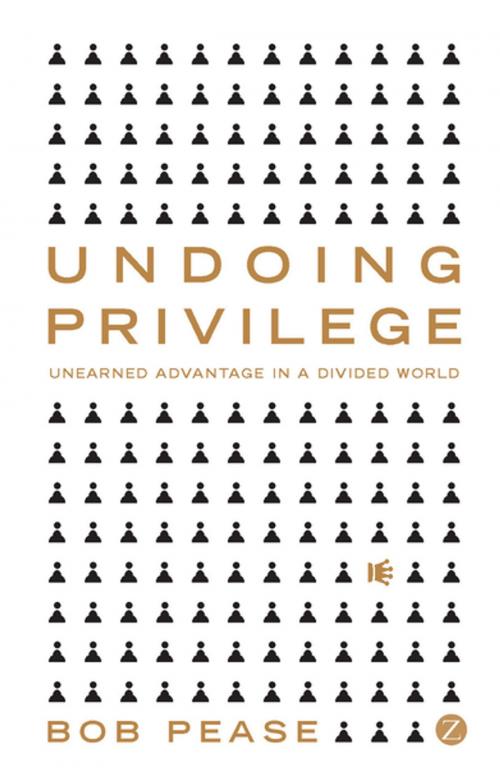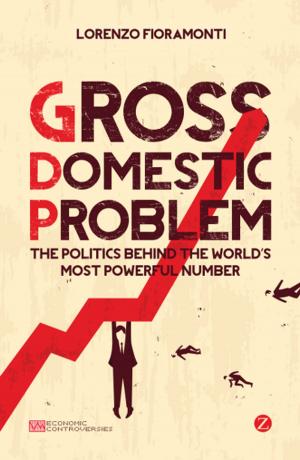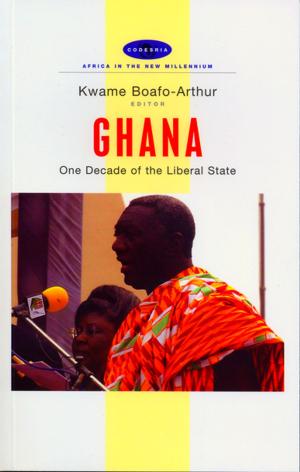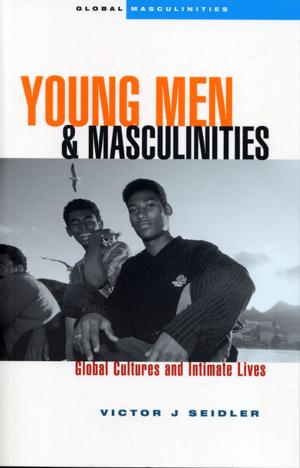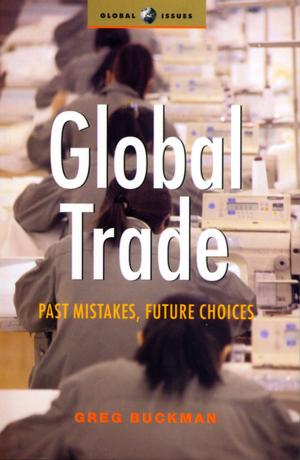Undoing Privilege
Unearned Advantage in a Divided World
Nonfiction, Social & Cultural Studies, Social Science, Cultural Studies, Minority Studies, Science & Nature, Science| Author: | Professor Bob Pease | ISBN: | 9781848139046 |
| Publisher: | Zed Books | Publication: | April 4, 2013 |
| Imprint: | Zed Books | Language: | English |
| Author: | Professor Bob Pease |
| ISBN: | 9781848139046 |
| Publisher: | Zed Books |
| Publication: | April 4, 2013 |
| Imprint: | Zed Books |
| Language: | English |
For every group that is oppressed, another group is privileged. In Undoing Privilege, Bob Pease argues that privilege, as the other side of oppression, has received insufficient attention in both critical theories and in the practices of social change. As a result, dominant groups have been allowed to reinforce their dominance. Undoing Privilege explores the main sites of privilege, from Western dominance, class elitism, and white and patriarchal privilege to the less-examined sites of heterosexual and able-bodied privilege. Pease points out that while the vast majority of people may be oppressed on one level, many are also privileged on another. He also demonstrates how members of privileged groups can engage critically with their own dominant position, and explores the potential and limitations of them becoming allies against oppression and their own unearned privilege. This is an essential book for all who are concerned about developing theories and practices for a socially just world.
For every group that is oppressed, another group is privileged. In Undoing Privilege, Bob Pease argues that privilege, as the other side of oppression, has received insufficient attention in both critical theories and in the practices of social change. As a result, dominant groups have been allowed to reinforce their dominance. Undoing Privilege explores the main sites of privilege, from Western dominance, class elitism, and white and patriarchal privilege to the less-examined sites of heterosexual and able-bodied privilege. Pease points out that while the vast majority of people may be oppressed on one level, many are also privileged on another. He also demonstrates how members of privileged groups can engage critically with their own dominant position, and explores the potential and limitations of them becoming allies against oppression and their own unearned privilege. This is an essential book for all who are concerned about developing theories and practices for a socially just world.
